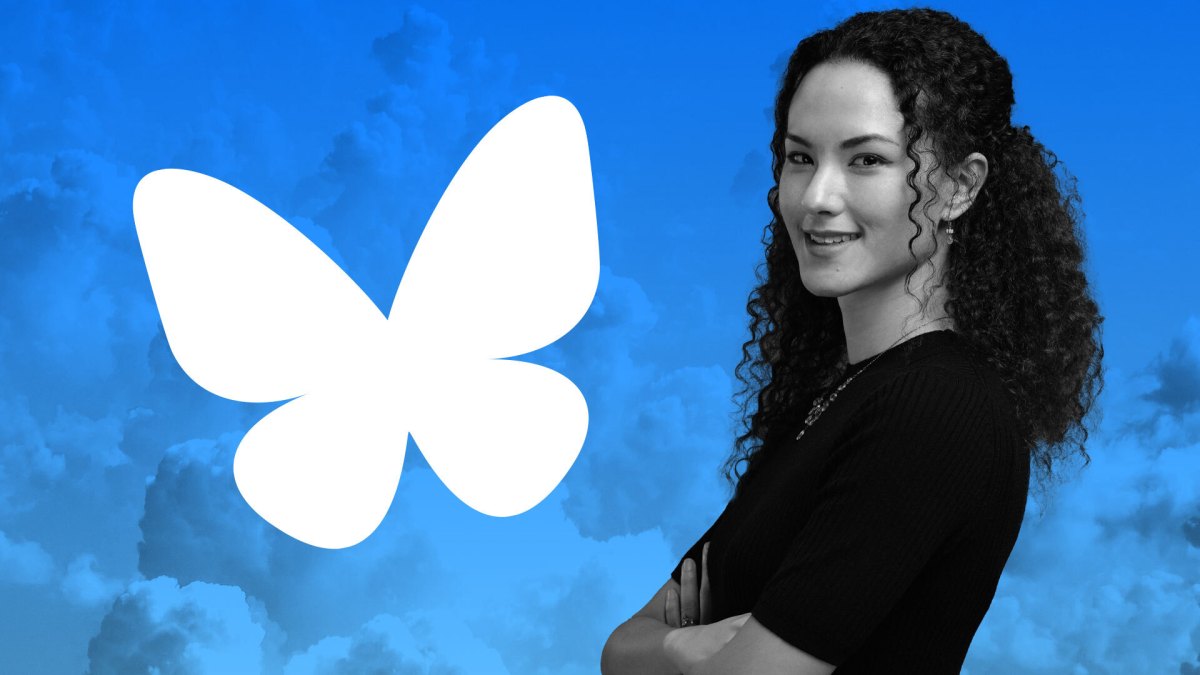As new users downloaded the app, Bluesky jumped to becoming the app to No. 1 in Brazil over the weekend, ahead of Meta’s X competitor, Instagram Threads.
© 2024 TechCrunch. All rights reserved. For personal use only.
Social networking startup Bluesky continues to benefit from X’s shutdown in Brazil having now added over 2 million new users over the past four days, up from just half a million as of Friday. This rapid growth led some users to encounter the occasional error that would state there were “Not Enough Resources” to handle requests, as Bluesky engineers scrambled to keep the servers stable under the influx of new sign-ups.
As new users downloaded the app, Bluesky jumped to becoming the app to No. 1 in Brazil over the weekend, ahead of Meta’s X competitor, Instagram Threads. According to app intelligence firm Appfigures, Bluesky’s total downloads soared by 10,584% this weekend compared to last, and its downloads in Brazil were up by a whopping 1,018,952%. The growth seems to be having a halo effect, as downloads outside Brazil also rose by 584%, the firm noted. In part, this is due to Bluesky receiving downloads in 22 countries where it had barely seen any traction before.
In terms of absolute downloads, countries that saw the most installs outside Brazil included the U.S., Portugal, the U.K., Canada and Spain. Those with the most download growth, however, were Portugal, Chile, Argentina, Colombia and Romania. Most of the latter group jumped from single-digit growth to growth in the thousands.
Bluesky’s newcomers have actively engaged on the platform, too, driving up other key metrics.
As one Bluesky engineer remarked, the number of likes on the social network grew to 104.6 million over the past four-day period, up from just 13 million when compared with a similar period just a week ago. Follows also grew from 1.4 million to 100.8 million while reposts grew from 1.3 million to 11 million.
As of Monday, Bluesky said it had added 2.11 million users during the past four days, up from 26,000 users it had added in the week-ago period. In addition, the company noted it had seen “significantly more than a 100% [daily active users] increase.”
Bluesky’s appeal to those forced to leave X may have to do with how closely the user experience resembles that of the now Elon Musk-owned app, formerly known as Twitter. Once incubated within Twitter, Bluesky spun out as a separate company and raised its own funding, but still retains much of Twitter’s look and feel.
Like X, Bluesky offers features like likes, reposts, quote posts, lists, direct messages, search tools and user profiles, but it also improves on X’s capabilities in other ways. As a decentralized social network, users can set up their own instances (servers that run Bluesky and connect to others over the AT Protocol), customize their feeds, subscribe to third-party moderation services, and create and share “starter packs” that link to curated sets of recommended users to follow. In a coming update, Bluesky also plans to add support for video, the company says.
Another factor to consider here is how Bluesky’s approach to content and moderation differs from Threads.
Even when it was Twitter, X has long been known as a hotbed for breaking news and political debates, Threads has taken the opposite approach, saying it would not default to recommending political content on its platform. Instead, Threads wants to make itself palatable to brands and influencers, similar to Instagram, as it intends to eventually monetize via ads.
Given that X’s ban in Brazil is tied to politics — the country wanted control over what could be said on the platform — it’s likely that some Brazilians opting for Bluesky wanted to join a network that was not centralized and as easily controlled. On platforms like X, moderation decisions are left up to the site’s owners, but on decentralized networks, the users are in charge.
That flexibility combined with Bluesky’s ease of use could make the network a bigger draw than others.
For instance, though Mastodon offers its own decentralized network, the recent user growth driven by Brazil was on a much smaller scale. On Saturday, Mastodon founder and CEO Eugen Rochko said the service had seen 4,200 signups from Brazil, up from 152 signups on August 28, for instance. That could speak to the fact that Brazilians want more than decentralization: They also want a place that more closely resembles Twitter/X.
Meta has not yet commented on how large an increase it’s seen on Threads driven by Brazilians leaving X, but as a network that already has over 200 million monthly active users, even the addition of thousands or millions more would not be as noticeable a gain, compared with the much smaller Bluesky. Still, it’s also possible that Brazilians wanted to move to a place that was separate from friends, family and creators — one that defaulted to public postings and felt more like Twitter once did. Bluesky’s culture, which tends toward s***posting and memes, has the sort of chaotic energy of an early Twitter.
X is said to have had north of 20 million users in Brazil, which means there’s plenty of growth to be captured all around.

Leave a Reply